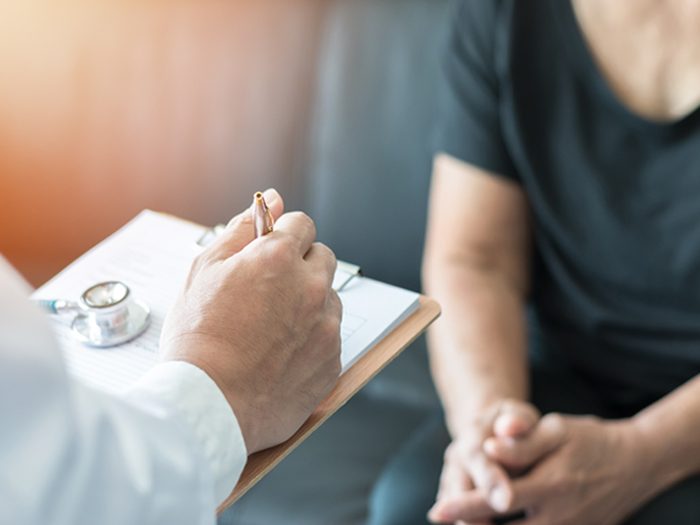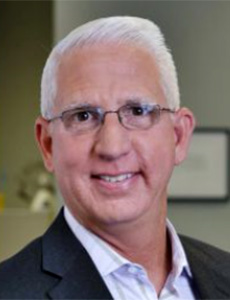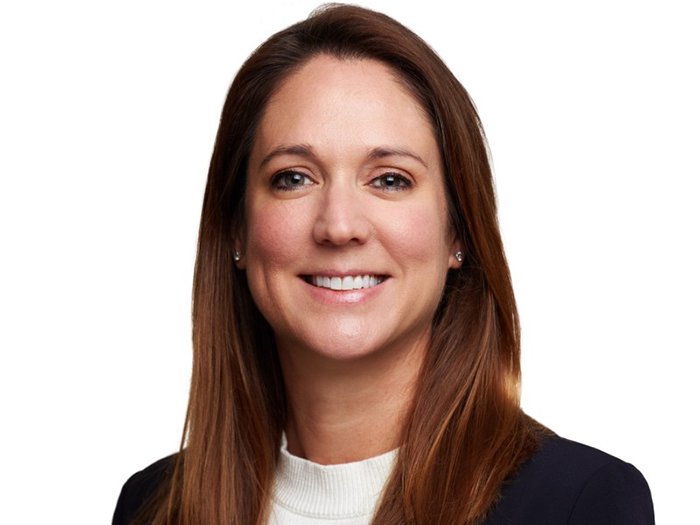National Comp 2020: The Link Between Behavioral Health and Physical Health Is Stronger Than You Think

In today’s world, there is no debate around the legitimacy of mental illness; it is real and powerful.
Rather, the discussion centers on its connection to physical health and the importance of maintaining the wellbeing of both. At the 2020 National Comp virtual event, one session dove into the importance of this connection and how it relates to injured workers.
Presented by David Vittoria, senior vice president of Carisk, and Tron Emptage, chief clinical officer of Optum, the session delved into various topics, including the scientific explanation behind the link between physical and behavioral health, substance use and how claims professionals can respond to these risks.
So, What Is the Connection?
The session began with a startling statistic: 60% of patients who experience some sort of physical pain will also experience some sort of mental health challenge as well. These mental health challenges include disorders like depression, anxiety and PTSD.
“It’s not uncommon for injured workers to express depressive symptoms that mirror their physical injury,” Vittoria said.
This could be due to an injured worker, who once reveled in going to work, now feeling isolated recovering at home. The same could be said for a worker who experienced a traumatic injury; there is an increased chance in that worker developing anxiety or PTSD.
The session noted the importance of defining the connection between physical and behavioral health, which is a bidirectional relationship. Vittoria explained that when experiencing physical pain, areas of the human brain are activated that are also closely associated with emotion and vice versa.
“It’s important to note that there is a direct relationship between one’s physical relationship with pain and one’s emotional response to it.”
Creating a Plan and Optimizing Success
From a claims professional and pharmaceutical standpoint, Emptage admitted that adjusters and providers may not always be looking into all aspects of a person’s life, such as their biological, social and physical health, when trying to settle an injured worker’s claim.
To fill that gap, experts have begun to use algorithms and data that take factors from both pharmacy benefit management and behavioral health specialists to conclude if an injured worker is in need of additional mental health benefits.
Once a need for mental health resources or assistance is identified, mental health professionals should then determine the severity of the disorder the worker is suffering from, and then build a care plan to produce the best possible outcome for the worker’s recovery.
Artificial intelligence can’t replace human touch when it comes to behavioral health care, however.
The most critical component is creating a plan directly with the worker. Vittoria noted that while this sounds like a cliché, it is entirely true. The outcomes deemed to be most successful include the worker returning to work fully functioning and the optimization of medication use.
Moving forward, Emptage said there is a benefit to incorporating what Vittoria called “caregiver traits” when filing claims, with the goal of determining how to move the injured workers into their steps to a full recovery.
The attention on behavioral health has been exacerbated throughout the COVID-19 pandemic. The pandemic’s impact has undoubtedly put the wellbeing of many people at risk.
Vittoria added that injured workers can already experience feelings of isolation or sadness when staying home from work, and that’s not in a world of forced isolation and social distancing. Additionally, the forced isolation could lead to the misuse of medication, also increasing the risk of substance abuse or addiction.
“Some will embrace this change and new normal, and others will question it and not know what to do,” Emptage said. &
 The 2020 National Workers’ Compensation and Disability Conference virtual event occurred on October 21 with six engaging sessions on issues ranging from the industry’s response to COVID-19 to how it can prepare for the impending talent gap.
The 2020 National Workers’ Compensation and Disability Conference virtual event occurred on October 21 with six engaging sessions on issues ranging from the industry’s response to COVID-19 to how it can prepare for the impending talent gap.
The conference will continue producing educational content throughout the year through our on-going digital session series and our Comp Talks program, which will deliver on-demand, short form educational content to hit the busy schedules of workers’ comp professionals.
Our next digital session, “Building Off of a Pharmacy Program to Structure a Strong Settlement” will detail how pharmacy program tools, including clinical reviews, provider outreach, predictive analytics, medication plans, point-of-sale edits and drug testing, can act as a springboard to set a claim up for settlement. Tune in on November 5 at 2:00 p.m. ET to learn how pharmacy programs and settlement programs are working together to achieve workers’ comp excellence.
You can register for this talk, and other sessions in our series, here. Be sure to check back regularly, as new content is being added all the time!
Missed the one-day virtual event? You can watch all the session on-demand here.












